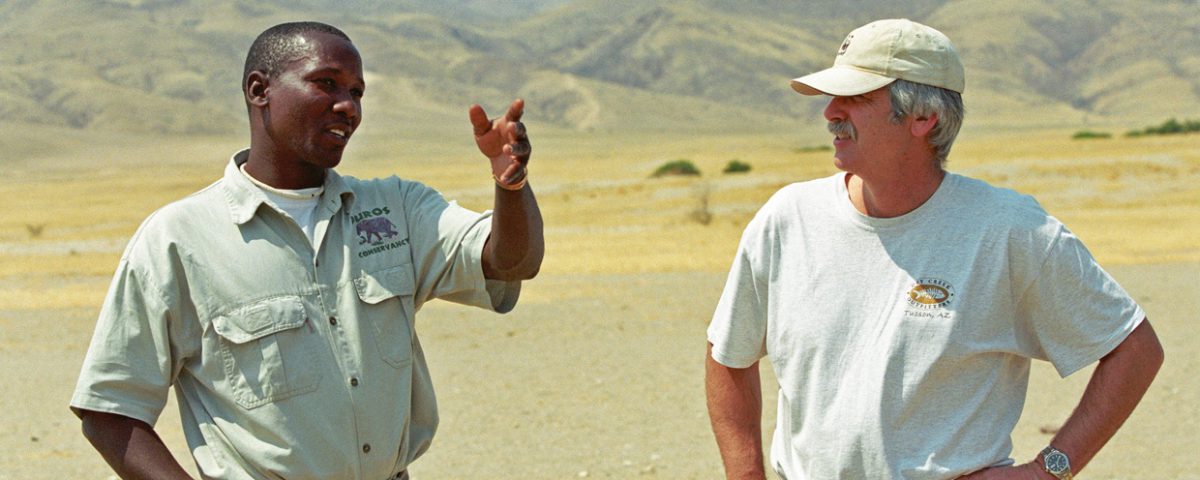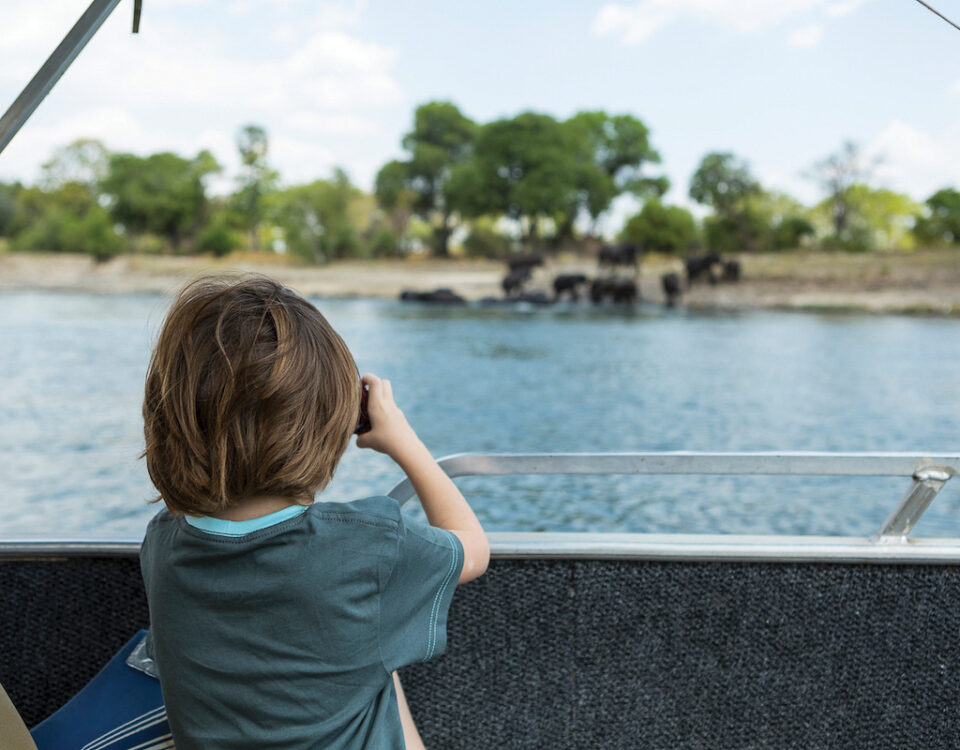
A memorable morning in Africa
July 6, 2016
The risk of living with wildlife
July 29, 2016![Figure-8-[Converted]](https://huntnamibia.com.na/wp-content/uploads/2016/07/Figure-8-Converted.jpg)
![Figure-9-[Converted]](https://huntnamibia.com.na/wp-content/uploads/2016/07/Figure-9-Converted.jpg)
![Figure-10-[Converted]](https://huntnamibia.com.na/wp-content/uploads/2016/07/Figure-10-Converted.jpg)
![Figure-11-[Converted]](https://huntnamibia.com.na/wp-content/uploads/2016/07/Figure-11-Converted.jpg)
T he income derived from trophy hunting supports rural development; the improvement of schools, medical facilities, water developments and clinics; and transports people to and from such facilities. This changes mindsets, makes locals more tolerant towards problem species such as elephant, lion, hyaena, leopard and cheetah, and proves to locals that shooting these animals on sight or attempting to remove them from the environment is detrimental to the wellbeing of the community, thereby illustrating that wild animals fulfil a valuable role.
In most instances, the first benefit a newly formed conservancy receives is income from trophy hunting. This leads to a reduction of poaching, thus precipitating an increase in wildlife numbers. Some four or five years later, the conservancy is established and tourism enterprises start developing.
This takes time, however, and although it results in wider benefits, only a small number of lodges generate significant cash back to the conservancy. Over the years it has been proven that conservancies need to harness consumptive as well as non-consumptive tourism, as both of these are required to make conservation a competitive form of land-use (see graphs).
We consistently maintain that the two sectors must not be polarised. Joint-venture tourism and trophy hunting complement each other, with both contributing to the success of the conservancy programme. Indeed, in the long run there is a need for both because trophy hunting brings in cash and meat, while joint ventures create more jobs.
The overall return on investment for the communal conservancy movement over the past 20 years has been more than 20%. From an economic, financial and conservation point of view, the CBNRM (Community-Based Natural Resource Management) programme has become a success in Namibia, with its benefits rising constantly.
We feel that Namibia is fortunate to have an organisation such as the Namibian Professional Hunters Association (NAPHA) representing the hunting sector. NAPHA is doing a tremendous job. It is sincere in its commitment to conservation and developmental initiatives in Namibia, and to improving the lives of disadvantaged Namibians.
NAPHA promotes standards, integrity and ethics
In Namibia NAPHA is a critically important institution in the conservation and hunting sector, insofar as PHs who are members are generally of a higher quality than PHs from elsewhere in Africa. The training that members are required to undergo, the training approach to qualifications, the standards that NAPHA puts in place, and the integrity the organisation creates in the industry, are all highly important to public perception of trophy hunting and hunting.
If the issues of negative perceptions and low standards are not dealt with progressively and positively, the future of trophy hunting will be short-lived. NAPHA’s efforts to create integrity around this process by laying down codes of conduct and ethics, and holding its members accountable to these codes, are extremely important for maintaining the quality and reputation of the sector.
We have observed that sometimes members leave NAPHA when the association attempts to enforce its Code of Conduct. Thus on principle we prefer to work predominantly with NAPHA members, rather than with people outside, because we know that NAPHA members are held to the Code of Conduct.
Abide by our rules
NAPHA is far ahead of the rest of Africa in terms of its conservation and ethics linkages. Qualifications in Namibia are knowledge and competency based. It is up to the country that allows hunting to set the standards. Namibia has high standards, and the country can be touted as a model to the rest of the world. So if you come to hunt here, you have to abide by our rules.
For Namibia to maintain this, we need to oust those operators who are not doing the sector proud. Their reputations will follow them and hopefully catch up with them before they harm the sector.
Short-term view
When landowners start utilising wildlife just to make money, it might be profitable in the short term, but they then stand to lose their ethical principles and stop contributing towards environmental conservation. The next step would be to offer canned lion hunts, because this generates more money.
To avoid this, we need an organisation that sets standards, and is prepared to stand by these standards. Members might become bitter when they are held accountable, and cancel their membership because they’re not buying into the bigger vision.
Therefore I cannot stress strongly enough how important it is to practise conservation in the long run; to do so ethically; and not to descend into short-term exploitation. It is this that creates a bad name for the sector.
This article was first published in the HUNTiNAMIBIA 2014 issue.


